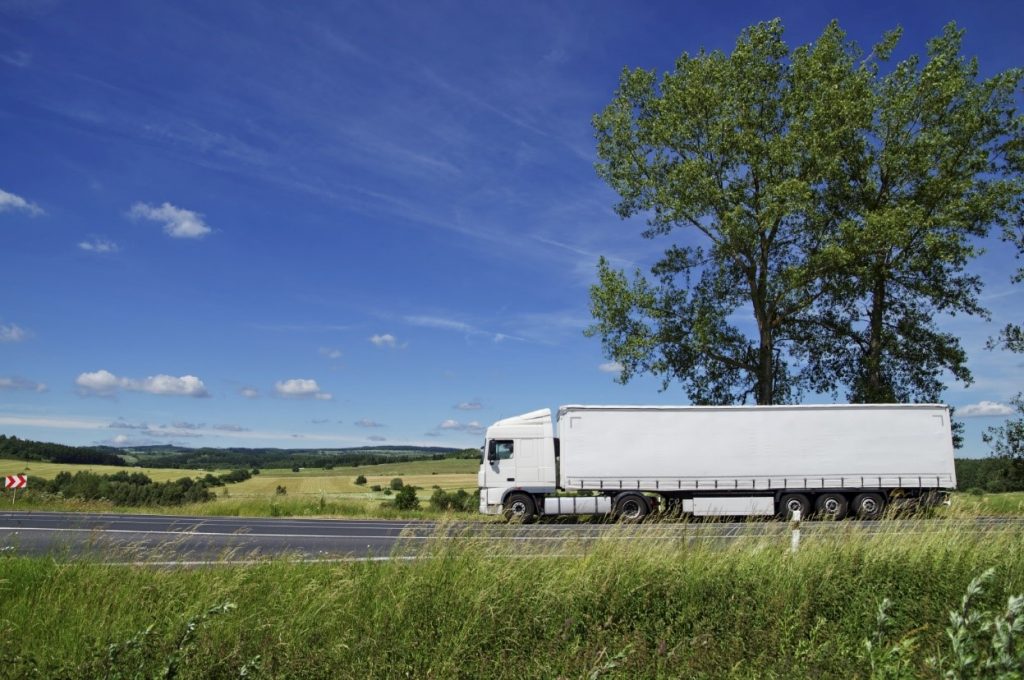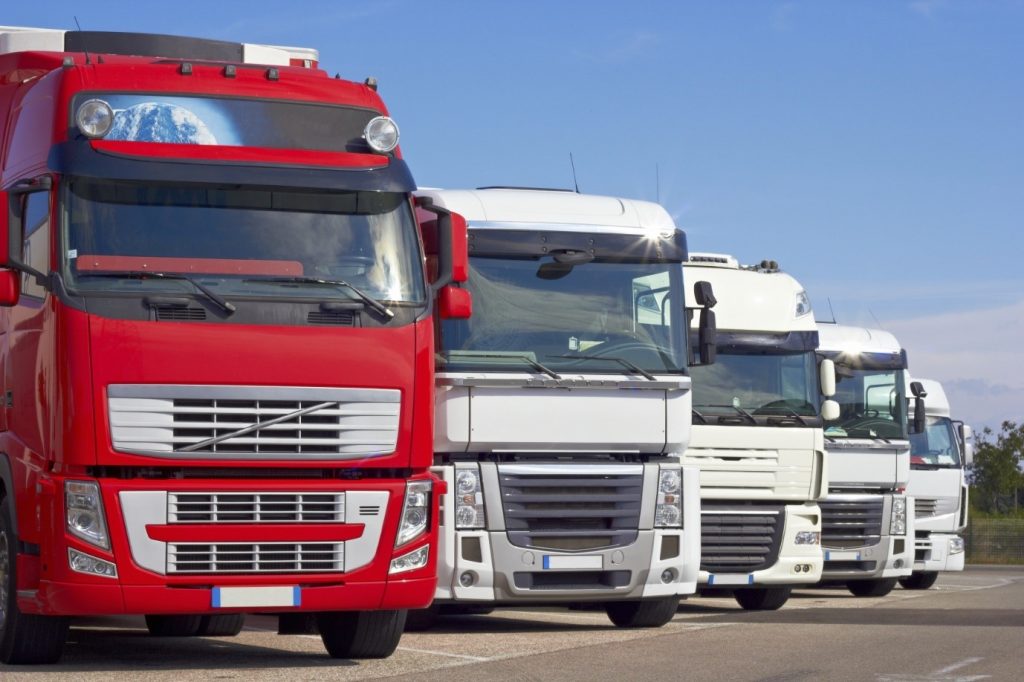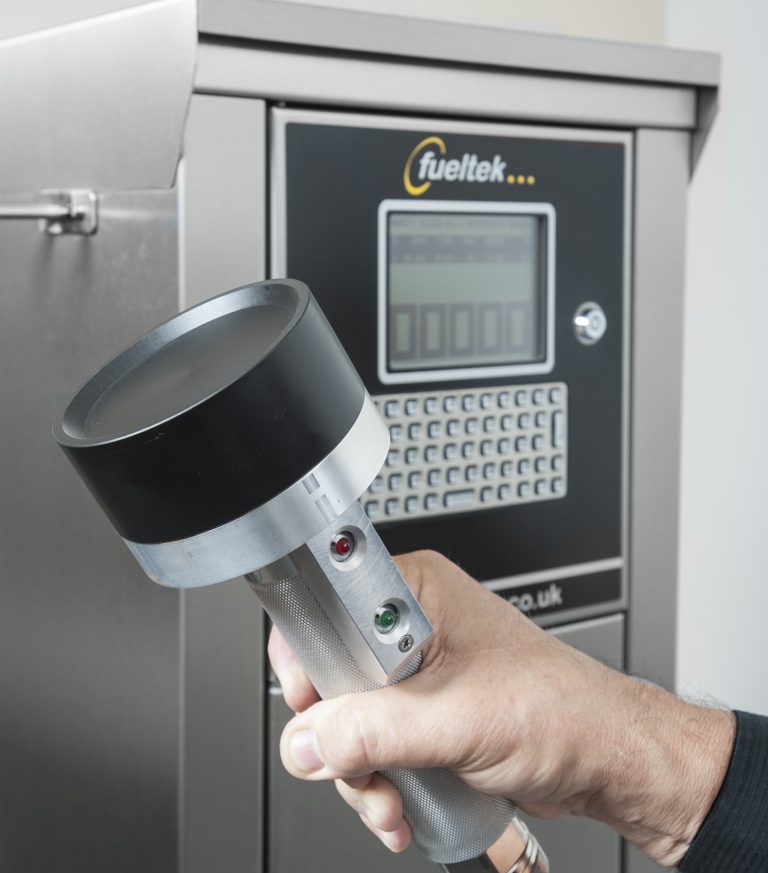Self-Drive Fleets – The Future of Haulage
Before the end of 2018, several small convoys of partially self-driving lorries were let loose on British roads and it’s fair to say the tests went pretty well. Many experts within the haulage industry are hailing self-drive fleets as the future of the industry, but the technology has faced some backlash from drivers’ unions as they expect to see millions of jobs become surplus to requirements if self-drive fleets are rolled out.
But just how likely is it that we will begin to see self-driving fleets on UK roads? In this article, we aim to answer this question, whilst also taking you through just how self-driving lorries work, as well as their benefits and potential challenges faced by the technology.

How Do Self-Driving Lorries Operate?
The technology uses a combination of GPS, radar and video cameras to achieve what is called level 3 autonomy, which means it can fully drive itself in most cases; but a driver must be behind the wheel and ready to take over if needed. In the tests carried out in the UK, three lorries made up a ‘platoon’ of vehicles which were left to drive themselves, with a human only taking on the steering of the vehicle. In the event of an emergency, the driver can take full control of their respective lorry to ensure the safety of road users around them.
The lead vehicle controls acceleration and braking of all the lorries following on and each of the following vehicles instantly respond to any changes in speed. Along with this, the lorries will maintain a short distance between each other to reduce traffic congestion.
What Are the Benefits of Self-Driving Lorries?
Whilst self-driving lorries have faced some criticism, it’s easy to see why many haulage companies across the world are keen on introducing this technology into their companies. There are a whole host of benefits for both haulage companies and the consumer. Here are a few positives that you can expect self-driving lorries to bring to UK roads:
- With the first lorry in the platoon taking all of the air resistance head on, the following lorries benefit from a greatly increased fuel efficiency as the air is forced away from the vehicles.
- The reduced air resistance for the following vehicles will result in fuel efficiency savings for haulage companies, the hope is that the savings made will be passed on to consumers. It is believed that haulage companies can expect to see fuel consumption reduce between 4% – 10% by using self-drive fleets.
- With the gap between self-driving lorries being much shorter than that of human operated lorries, we can expect to see a significant drop in traffic congestion.
With human drivers continuing to steer the lorries in the convoy, there is an increased level of safety for the lorries and any drivers around them. This also means that the vast majority of lorry drivers’ jobs will not be affected when self-drive lorries are eventually rolled out in the coming years.

Challenges Faced By Self-Driving Lorries
Despite all the optimism surrounding self-driving lorries, there is a few challenges that UK roads in particular present, which must be overcome. Whilst Uber have already got self-driving lorries delivering freight in Arizona, it will be some time before we see any lorries of this kind let loose on UK roads. Here’s a list of some of the biggest challenges that need to be considered by self-driving lorry manufacturers.
- One of the main challenges faced by self-driving lorries in the UK is the sheer amount of entries and exits on our motorways. Pair this with some of the busiest motorways in Europe and you can start to see how self-driving lorries may need several tweaks to ensure other road users’ safety.
- On the busiest stretches of motorway, the benefits of self-driving lorries look very minimal. The fuel efficiency argument for introducing self-drive fleets becomes void as soon as traffic begins to become stop-start. Routes would need to be planned to ensure the self-driving lorries are only taking routes which are not prone to congestion.
Fuel monitoring systems will continue to play a key role in the day to day operations for all haulage companies, even when self-drive fleets are in use. If you are in the market for a reliable and efficient fuel tank monitoring system to reduce the chances of employee fuel theft, be sure to get in touch with the team here at Fueltek. We have an experienced and dedicated team who specialise in installing the most up to date fuel management software available on the market today.








